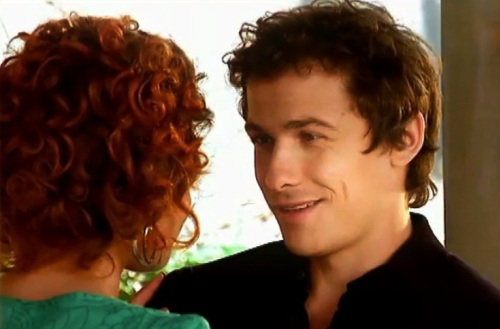

These reasons however had no significant correlation to the educational status, age, marital status, religious affiliation and the employment status of the patients. Other reasons were the belief that TBS treatment is natural and heal fast (12.5%), easy accessibility (7.5%), fear of amputation (6.3%), and advice of relatives/ friends 5.0%.

Superstitious beliefs was the most common reason for the continue patronage of TBS services (37.5%) follow by affordability of medical cost (31.3%).

Most of these patients had no formal education (43.8%) and were unemployed (23.8%) but were registered with the National Insurance Scheme (70.0%). Results: Out of the 80 patients involved in this study, majority (63.7%) were males with majority (45.0%) of the patients falling between the age of 21 years to 30 years. The socio-demographic profile of the patients, type of injuries and the anatomical part involve, reasons for TBS patronage, duration of TBS treatment, and outcome of treatment were studied. A total of 80 respondents 51 (63.7%) males and 29 (36.3%) females aged between 7 and 70 years were involved in the study. Method: This was a facility–based descriptive study involving a Specialist orthopaedic hospital (Tania Specialist Orthopaedic Hospital, Tamale) and a Traditional Bone Setting centre in Loagri. The aim of the study was to elicit factors that influence patient's preference for TBS. Background: Traditional Bone Setter (TBS) practice is the most common form of musculo–skeletal injuries management in the Northern part of Ghana despites reports of severe complications associated with the practice.


 0 kommentar(er)
0 kommentar(er)
